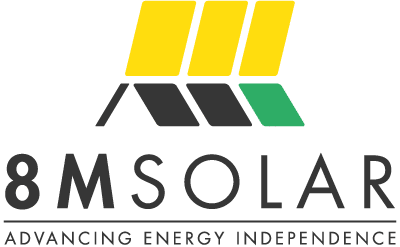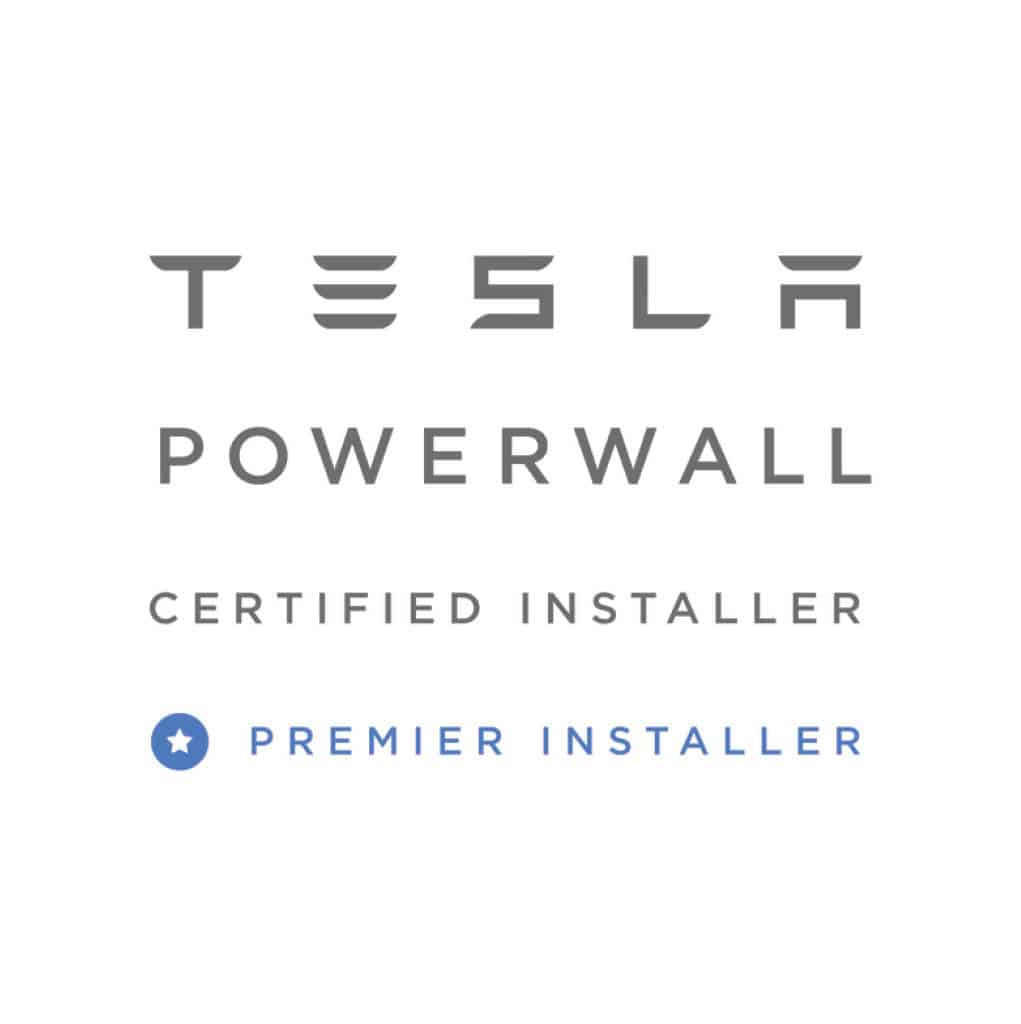Thinking About Adding More Solar Panels? Here’s What You Need to Know
As global awareness of environmental sustainability and renewable energy intensifies, solar power has become a leading choice for reducing carbon footprints and cutting energy costs. The transition to solar energy offers numerous benefits, including eco-friendliness and substantial long-term financial savings. However, a common question from new solar energy users is whether it’s possible to expand their existing solar panel systems in the future. This guide aims to provide a thorough understanding of the feasibility, considerations, and procedures involved in adding more solar panels to your current setup.
Table of Contents
- Thinking About Adding More Solar Panels? Here’s What You Need to Know
- Why Consider Expanding Your Solar System?
- Assessing Your System’s Capacity for Expansion
- Steps to Add More Solar Panels
- Challenges and Considerations
- Technological Advancements
- Case Studies and Real-World Examples
- Frequently Asked Questions (FAQs)
- Making the Most of Your Solar Investment
Understanding Your Current Solar Setup
Before you consider expanding your solar energy system, it’s essential to have a clear understanding of your existing setup. Solar energy systems are custom-designed based on a variety of factors, including your energy needs, available space, and budget. Here’s a detailed overview of the key components of a typical solar power system:
- Solar Panels: These are the primary components of a solar energy system. Solar panels capture sunlight and convert it into direct current (DC) electricity. The efficiency and performance of your panels can influence the overall energy output of your system.
- Inverter: The inverter plays a crucial role in your solar system by converting the DC electricity generated by the solar panels into alternating current (AC) electricity, which is the type used by most household appliances. The capacity and type of inverter can affect the system’s ability to handle additional panels.
- Battery Storage (Optional): Some solar systems include batteries to store excess energy generated during sunny periods. This stored energy can be used during times when the sun isn’t shining, such as at night or on cloudy days. Upgrading or adding batteries may be a consideration when expanding your system.
- Mounting and Racking: These are the structures that secure the solar panels to your roof or ground. They ensure that the panels are positioned correctly to maximize exposure to sunlight. When adding more panels, you may need to consider additional mounting solutions.
- Electrical Components: This includes wiring, breakers, and other essential equipment that connects your solar system to your home’s electrical grid. Proper electrical setup is crucial for the safe and efficient operation of both existing and new components.
Why Consider Expanding Your Solar System?
There are several compelling reasons to consider expanding your solar panel system:

- Increased Energy Needs: Over time, changes in your lifestyle, such as acquiring new appliances, installing air conditioning, or purchasing an electric vehicle, can increase your energy consumption. Expanding your solar system can help accommodate these increased demands and ensure you continue to generate enough electricity.
- Rising Energy Costs: Expanding your solar system can help you further reduce your dependence on the grid and shield yourself from rising electricity prices. By generating more of your own power, you can achieve greater savings on your utility bills.
- Environmental Impact: Adding more solar panels can enhance your contribution to environmental sustainability. A larger solar array can further decrease your carbon footprint and support efforts to reduce greenhouse gas emissions.
- Financial Incentives: In many regions, there are government incentives, rebates, or tax credits available for expanding solar systems. These financial incentives can help offset the cost of adding more panels, making it a more economically advantageous decision.
Understanding these factors and how they apply to your specific situation can help you make informed decisions about expanding your solar panel system.
Assessing Your System’s Capacity for Expansion
Before adding more solar panels, it’s important to assess whether your current system can handle the expansion. Here are some factors to consider:
- Inverter Capacity: Check if your current inverter can accommodate additional panels. If not, you might need to upgrade to a larger inverter or add a second one.
- Roof Space: Evaluate if you have enough space on your roof to add more panels. Alternatively, consider ground-mounted panels if you have sufficient land.
- Electrical System: Ensure that your home’s electrical system can handle the increased load. This might require upgrades to your electrical panel or other components.
- Structural Integrity: Confirm that your roof or mounting structure can support the additional weight of more panels.
Steps to Add More Solar Panels
Once you’ve assessed your system’s capacity for expansion, follow these steps to add more solar panels:
- Consult with a Solar Professional: It’s crucial to consult with a qualified solar installer to evaluate your current system and discuss your expansion plans. They can provide a detailed assessment and recommend the best course of action.
- Design the Expanded System: Work with your installer to design the expanded system. This includes determining the number of additional panels, their placement, and any necessary upgrades to your existing components.
- Obtain Necessary Permits: Depending on your location, you may need to obtain permits for the expansion. Your installer can help you navigate the permitting process.
- Install the Panels: The installer will add the new panels to your system, making sure they are properly connected and integrated with your existing setup.
- Inspection and Approval: After installation, the system will need to be inspected to ensure it meets local building codes and regulations. Once approved, your expanded system will be ready to use.
Challenges and Considerations
While expanding your solar system can offer numerous benefits, there are also challenges and considerations to keep in mind:
- Compatibility Issues: Ensure that the new panels are compatible with your existing system. Different panel brands or models might have varying electrical characteristics that need to be matched.
- System Efficiency: Adding panels to an older system might not yield the same efficiency as a completely new installation. Consider the potential efficiency loss and whether it’s worth the investment.
- Financial Considerations: Calculate the costs of expanding your system versus the potential savings. While adding more panels can increase your energy production, it’s important to ensure that the investment makes financial sense.
- Future Proofing: Think about your long-term energy needs and whether your expanded system will be able to accommodate further increases in energy consumption.
Technological Advancements
The solar industry is constantly evolving, with new technologies and innovations being introduced regularly. Some of these advancements can impact your decision to expand your solar system:
- Improved Panel Efficiency: Newer solar panels are more efficient, meaning they can generate more electricity from the same amount of sunlight. If you have an older system, upgrading to newer panels might be more beneficial than simply adding more of the same.
- Energy Storage Solutions: Advances in battery technology can enhance the effectiveness of your solar system by allowing you to store more energy for use during cloudy days or at night. Adding battery storage might be a worthwhile consideration alongside expanding your panels.
- Smart Inverters and Monitoring: Modern inverters and monitoring systems can optimize the performance of your solar system, ensuring you get the most out of your expanded setup. These technologies can also provide real-time data on energy production and consumption, helping you manage your energy use more efficiently.

Case Studies and Real-World Examples
To better understand the practical aspects and advantages of expanding a solar system, let’s examine two detailed real-world examples:
Case Study 1: The Smith Family
The Smith family initially invested in a 5 kW solar system five years ago. At the time of installation, this system adequately met their energy needs. However, their energy consumption increased significantly when they purchased an electric vehicle, necessitating more electricity for charging.

Recognizing the need for additional power, the Smiths consulted with a solar energy expert. The professional recommended adding 3 kW of solar panels to their existing setup. This expansion required upgrading their inverter, which is responsible for converting the DC electricity produced by the panels into AC electricity used in their home. Additionally, the new panels were installed on their garage roof, a space that was previously unused for solar energy generation.
By expanding their system, the Smiths were able to cover their increased energy needs and benefit from a local rebate program, which helped reduce the overall cost of the upgrade. This case demonstrates how a modest increase in solar capacity can effectively address new energy demands and leverage available financial incentives.
Case Study 2: GreenTech Industries
GreenTech Industries, a small manufacturing business, originally installed a 50 kW solar system to cut down on operational costs. This initial system was sufficient for their needs at the time. However, as the company grew and their production capacity expanded, so did their energy requirements.
To accommodate this increased demand, GreenTech decided to expand their solar setup by adding 30 kW of additional panels. The new panels were installed on a recently constructed warehouse, providing ample space for the expansion. This significant increase in solar capacity allowed the company to enhance its energy independence, reduce electricity expenses, and support its broader sustainability objectives.
This example illustrates how businesses can scale their solar systems in response to growth, effectively reducing operating costs and contributing to long-term environmental goals.
Frequently Asked Questions (FAQs)
1. Can I add new panels if my existing ones are outdated?
Yes, it is possible to add new panels to an existing system even if the current panels are outdated. However, it’s important to ensure compatibility between the new and old panels. Different panels have varying efficiency and electrical characteristics. Consulting with a solar professional can help you determine the best approach to integrate new panels effectively.
2. Do I need to upgrade my inverter when adding more panels?
Upgrading your inverter may be necessary if it cannot handle the additional capacity from new panels. The inverter must be able to accommodate the increased power output to ensure the system operates efficiently. Your solar installer can evaluate your current inverter and recommend whether a larger inverter or an additional one is needed.
3. How much does it cost to expand a solar system?
The cost of expanding a solar system depends on several factors, including the number of additional panels, necessary system upgrades, and labor costs. Prices can vary significantly based on these factors. To get an accurate estimate, it is advisable to request quotes from multiple solar installation companies and compare their offerings.
4. Will adding more panels increase my home’s value?
Adding more solar panels can potentially increase your home’s value. Homes with larger solar systems are often seen as more attractive to buyers due to the promise of lower energy bills and increased energy independence. Moreover, a larger system can provide more substantial energy savings, further enhancing the property’s appeal.
5. Are there incentives for expanding an existing solar system?
In some regions, there are incentives, rebates, or tax credits available for expanding an existing solar system. These incentives can help offset the cost of the expansion. It’s important to check with local government agencies or utility companies to find out what programs are available in your area.
Making the Most of Your Solar Investment
Expanding your solar panel system can be a valuable strategy for both homeowners and businesses seeking to address increased energy needs, reduce electricity costs, and further their commitment to sustainability. By thoroughly understanding your current system, evaluating its capacity for expansion, and working with experienced solar professionals, you can successfully enhance your solar array and reap the benefits of increased renewable energy generation.
As technology in the solar industry advances, the opportunities for expanding and upgrading solar systems will continue to grow. Whether you’re aiming to meet new energy demands or leverage the latest technological innovations, expanding your solar system represents a significant step toward a more sustainable and energy-efficient future.
At 8MSolar, we are dedicated to excellence in every aspect of solar energy solutions. Our commitment to quality and innovation ensures that we provide top-notch service and state-of-the-art technology for all our clients. From assessing your current system to designing and implementing the perfect expansion, our team of experts works tirelessly to deliver reliable, efficient, and sustainable solar energy solutions. By choosing 8MSolar, you are not just expanding your solar system; you are investing in a future powered by cutting-edge technology and superior service. Let us help you unlock the full potential of your solar energy system and achieve your sustainability goals with confidence.









